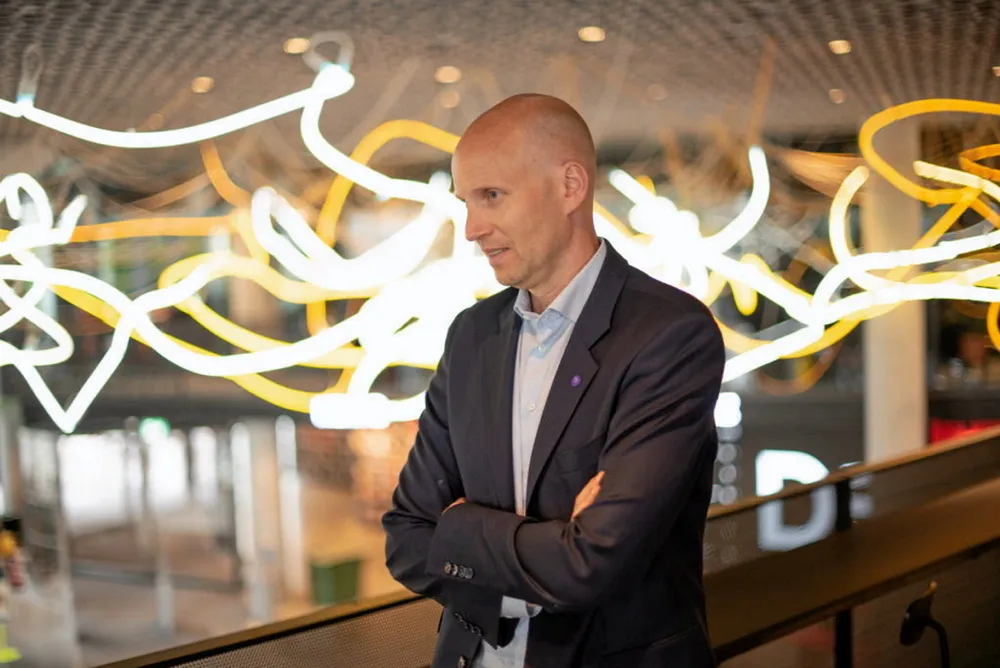'We need a couple of large orders to restore faith in our business but green hydrogen developers hesitant to invest': Nel CEO
Norwegian firm cites ‘solid cash position’ and improving margin, particularly on alkaline electrolysers, despite continued losses
